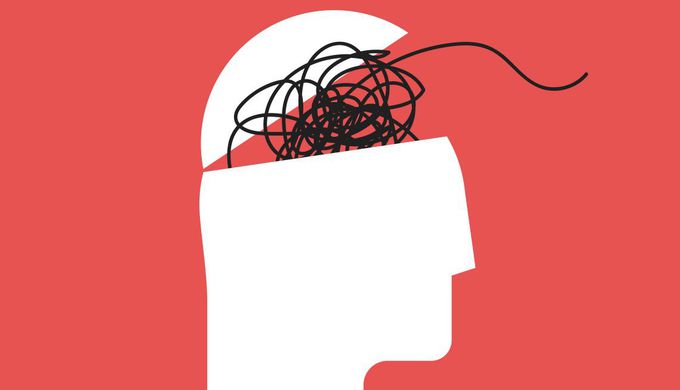


Attention Deficit Hyperactivity Disorder (ADHD)
A persistent pattern of excessive inattention and/or hyperactivity/impulsivity. Typically presents at age 3-13, more common in male gender. Patient presents with two core symptoms - Inattention: display poor attention to details and careless mistakes, is forgetful and easily distracted. - Hyperactivity/impulsivity: fidgeting, talking excessively, interrupts others. Diagnosis: * Symptoms must be present for more than 6 months in at least two independent settings (eg; school and home). * Symptoms must present before 12 years of age. * Symptoms must cause functional impairment (social, academic). * Alternative causes of inattention or hyperactivity must be ruled out (eg; lead toxicity, sleep disorders). Treatment: * Best initial therapy for early age (4-5 years) is behaviour therapy. * For more than 6 years of age, behaviour therapy plus pharmacological therapy [eg; CNS stimulants (methylphenidate, amphetamine)] is advised. * All ages should continue regular diet. Sugar and food additives are not considered etiologic factors.
Wendigo syndrome

